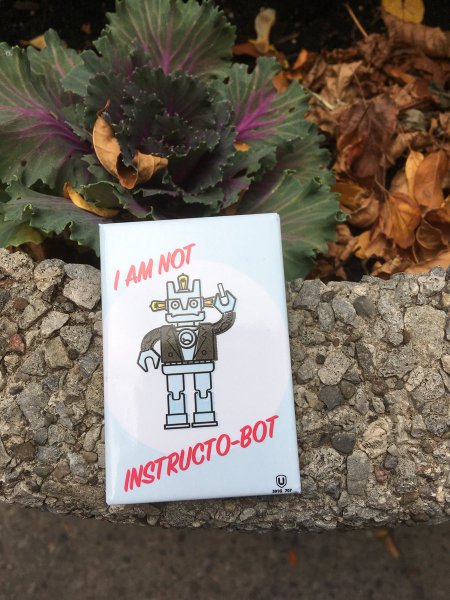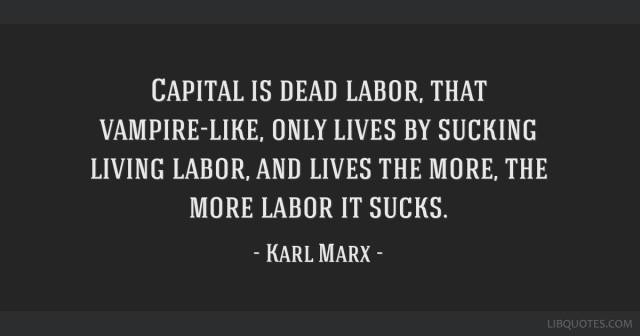“Dreaming Big: A Teach-In on Media Panics, Academic Freedom, and the Intersectional University” is the first of the three-part Artivism Lab Speaker Series. The wide range of topics covered by the panelists in this first lecture included Eliza Chandler’s short discussion of indigenous activism and justice, Dr. Audrey Hudson’s contributions to indigenous youth studies, photography, and hip-hop, Dr. RM Kennedy’s work in drawing thought on political conflict through aesthetic texts and through supporting the protest of Ontario College faculty, Sandra Jeppesen’s work with transformative media and social movements, and Susanne Nyaga’s work at the Ryerson Student’s Union in mobilizing and creating space for communities.
All of the discussions between the panelists in this lecture seemed to have a connecting theme of space; that being areas in society which we feel are unfit or unwelcoming to our own bodies. This idea is omnipresent in the modern academy, where many minority groups are pushed away or unsupported by the neoliberal university, and should be a widespread topic of discussion for faculty and students.
Susan Preston’s “Resisting Neoliberalism from within the Academy” details how she ensures that she acknowledges to her students her position of privilege in the academy being a white woman, while also ensuring to keep in mind the needs of accessibility for students such as by offering online communication tools for ease of access, basing assignments purely on factually-backed information, and pushing back on the neoliberal university.

RM Kennedy outlined that Academic freedom is about the right of faculty and students to resist the rise of the commodified, corporate educational model. The “INSTRUCTO-BOT” moscot was created for the Ontario Colleges protest movement for denying ‘assembly line education’ and the ‘zombie faculty’; that being the deadening labour practices of the modern academy. A perfect marxist quote to represent this:

The panelists made it very clear that the only way to see change from a neoliberalist academy to one with academic freedom is to address the issues directly through doing more than just being an “internet warrior”. Audrey Hudson and Sandra Jeppesen pushed the idea that if your own institution is not representative of yourself, then you should MAKE yourself represented. Making your voice heard helps to thrust forward into a new and educated generation through change. Susanne Nyaga expanded on this a little more, saying that while doing so it is important that you include everybody; educate yourself PAST your own identity by connecting, creating conversations, and finding others who either want or are striving to create similar spaces you seek. Showing up to meetings, engaging in becoming part of and pushing for that work are the moving points, while pure social media activism is always just the first step. It’s hard to move into an in-depth discussion and study how deep and complex the issues are; when it comes to these forms of activism, its harder to have a disagreement/convince or rationalize over social media. After all, the #1 rule of social media is “don’t feed the trolls”.

Preston, Susan and Jordan Aslett. “Resisting Neoliberalism from within the Academy: Subversion through an Activist Pedagogy.” Social Work Education, vol. 33, no. 4, 2014, pp. 502-518.